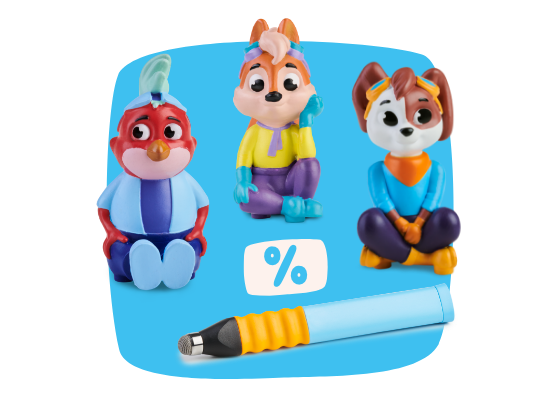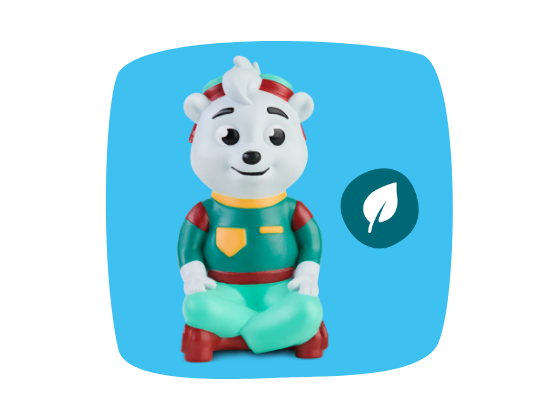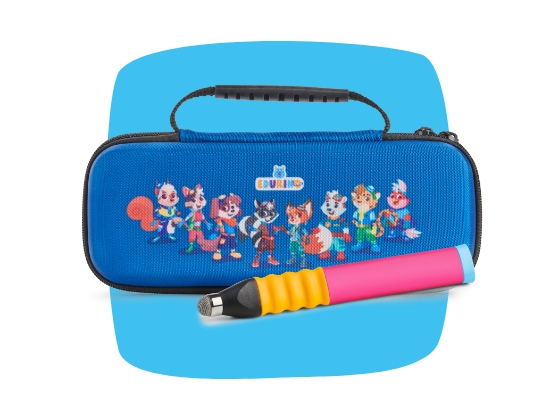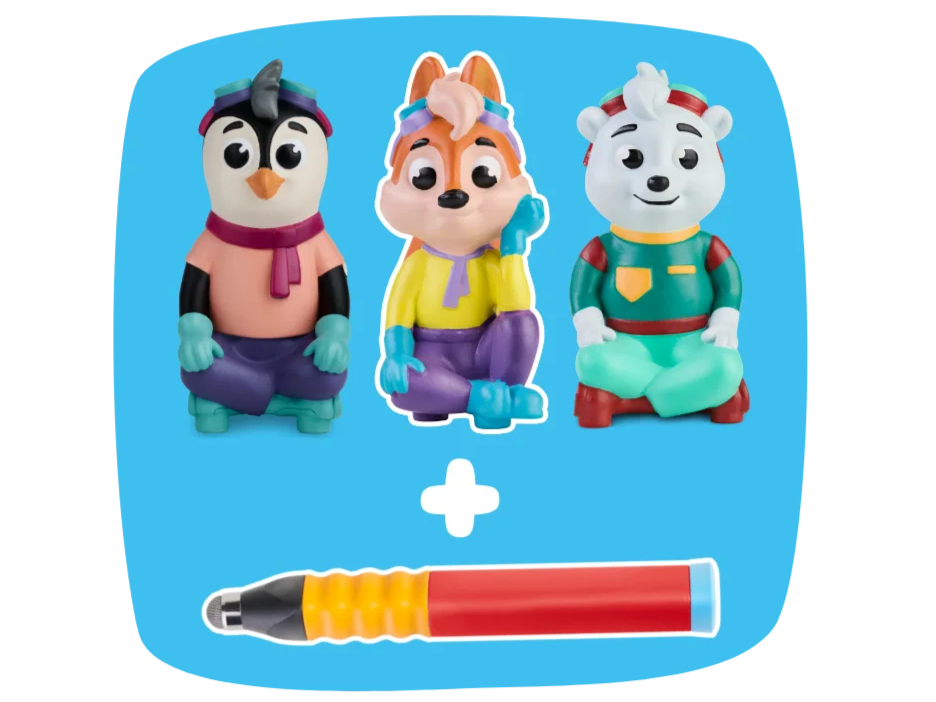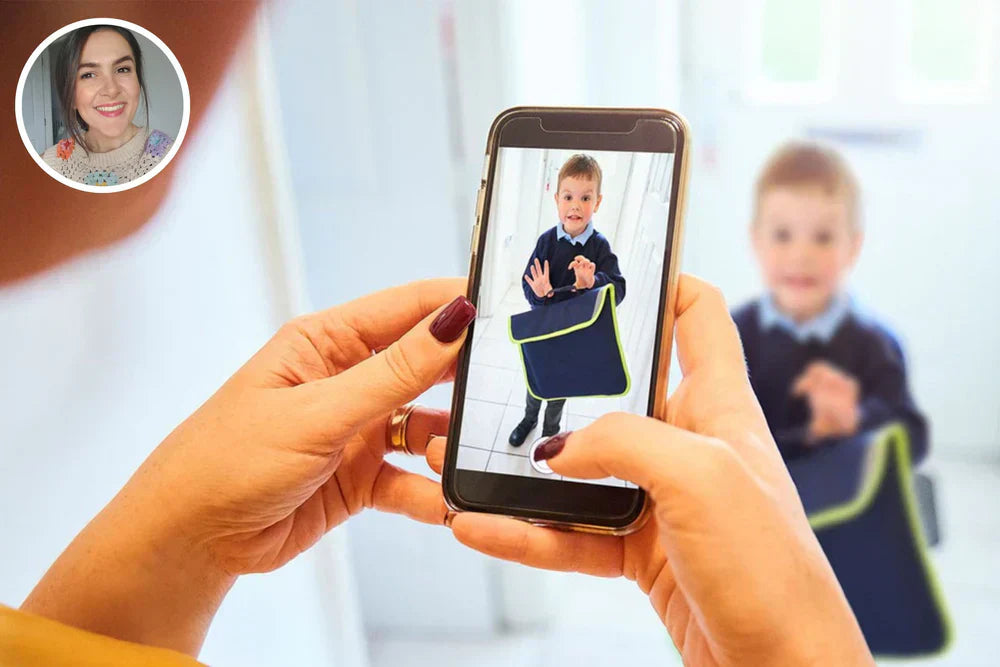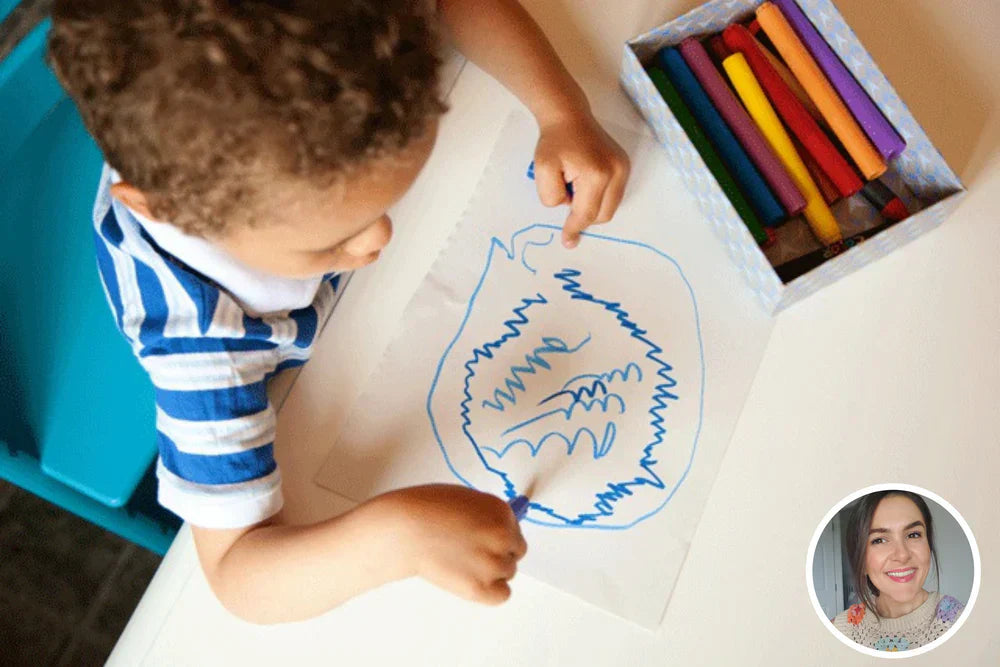In January of this year, Kindred published the latest results of its school readiness survey, conducted among 1,000 teachers and 1,000 parents of preschool-aged children in England and Wales. The conclusion: Too many children are already "behind" before they even start preschool.
In the preschool class of 2024, teachers report that over a third (36%) of children struggle to play or share with others, 34% don't know how to listen or respond to simple instructions, and a quarter (25%) can't use the toilet. It appears that children are disadvantaged due to a lack of "school readiness": On average, they lose 2.4 hours of instructional time daily. This is alarming.
I have problems with the term “school-ready.”
For me, the term "school-ready" doesn't encompass all children. It doesn't just do injustice to neurodiverse children, but also to children with all kinds of additional needs. Children with bowel problems for whom toilet training has been a long journey; children with speech delays who struggle to communicate with adults. By the standards of "school-readiness," they've barely set foot in class on the first day and are already "behind."
A coalition of early childhood education experts has identified the skills children actually need to feel confident and ready before entering "big school." Here are their findings:
There are 4 main goals:
- Growing independence
- Build relationships and communicate
- Physical development
- Healthy routines
Practical and straightforward ways you can help children develop core skills*
**Disclaimer – you probably already do most of this :
**Double disclaimer – Praise works wonders. When you see your child demonstrate the following skills, praise them and tell them how proud you are! Your positive reinforcement will make them feel good and further reinforce the skill .
Growing independence
Prepare your offspring for the world.
- The age-old art of putting on your coat (have you seen the trick they learn in kindergarten? Brilliant!)
- Gently encourage your child to go to the toilet and wash their hands independently, like the independent legends they are.
- Offer less assistance with dressing—this is a task your child may need to complete with limited help at school, especially after using the toilet or gym class. Are the pants the right way round? Optional.
- Eat with cutlery and drink from a cup without a lid – mealtimes may be chaotic at first, but it's worth it later.
- Take a break, Mom and Dad... If possible, offer your child opportunities to spend time away from you so they learn that other adults can be kind too .
Building relationships and communicating...
Just the thought of them playing with their little friends is enough to make me laugh!
- During play, build in opportunities to practice sharing and get used to taking turns with toys
- Recognizing the pattern of their name – a really useful skill for finding the right coat when going to the playground during recess
- Sing along to funny songs and nursery rhymes – I’m a big fan of kitchen concerts
- Talking about feelings: Reading together and talking about how the characters feel and why is a powerful way to develop emotional intelligence.
Physical development:
All that fidgeting and climbing? That's what makes them ready for school.
- Climbing stairs – one foot at a time, with support on the wall this is perfectly fine
- All those trips to the park count: climbing, running, jumping, throwing and playing catch are important motor skills.
- Building strength in little hands: From puzzles to painting to cutting and gluing, opportunities where children can strengthen their fine motor skills help them develop the skills needed to learn to write
- You can also introduce playful tools such as the ergonomic pen from EDURINO – it was developed by occupational therapists especially for small hands and helps children learn the correct grip and correct pen movement while playing educational games .
Healthy routines
Creating the conditions for a smooth start to the school day.
- Go to bed around the same time every night and get up in time to get ready for school.
- Make sure you eat healthy and try new foods – although that’s easier said than done!
- Make sure children brush their teeth twice a day with fluoride toothpaste.
And here is the point:
...many of these things may already be a given in your household—especially if your child is active and curious and beginning to show an interest in independence. They probably can't catch a ball perfectly or cut a line straight yet. That's perfectly normal. School readiness isn't about perfection, it's about progress.
If you feel overwhelmed by conflicting advice on preparing your child for school, you're not alone. The new definition of school readiness for entry, supported by early years experts and organizations across the UK, aims to provide parents with a clearer, more consistent framework and help families feel confident that their children will thrive in school from day one—not just survive the first week.
The organizations behind the Starting Reception definition of school readiness:
